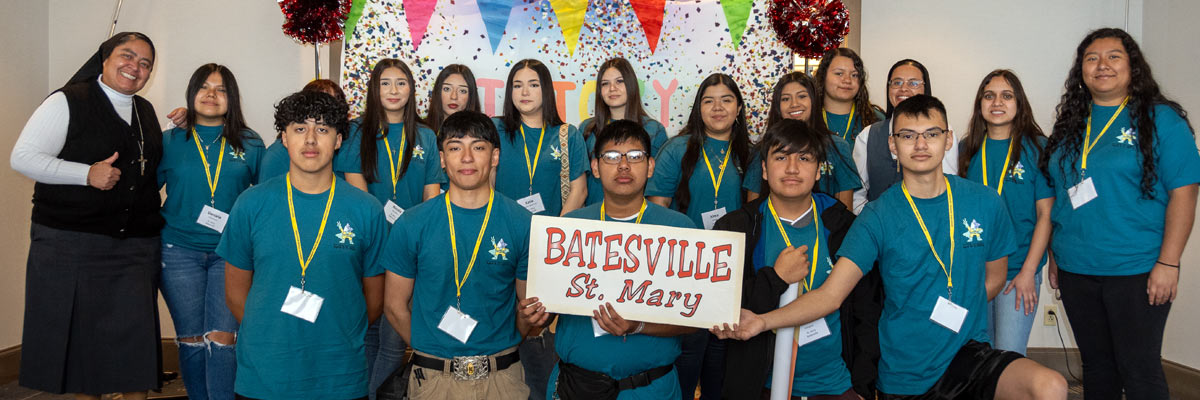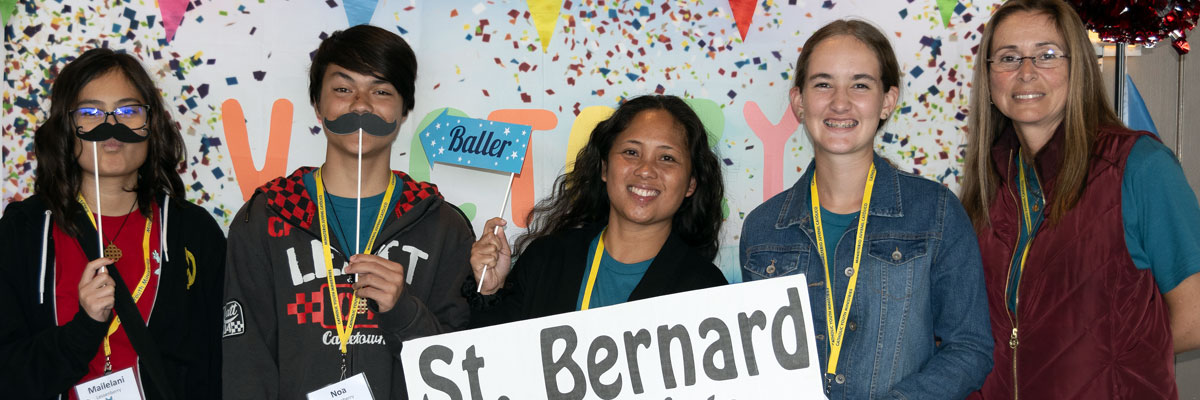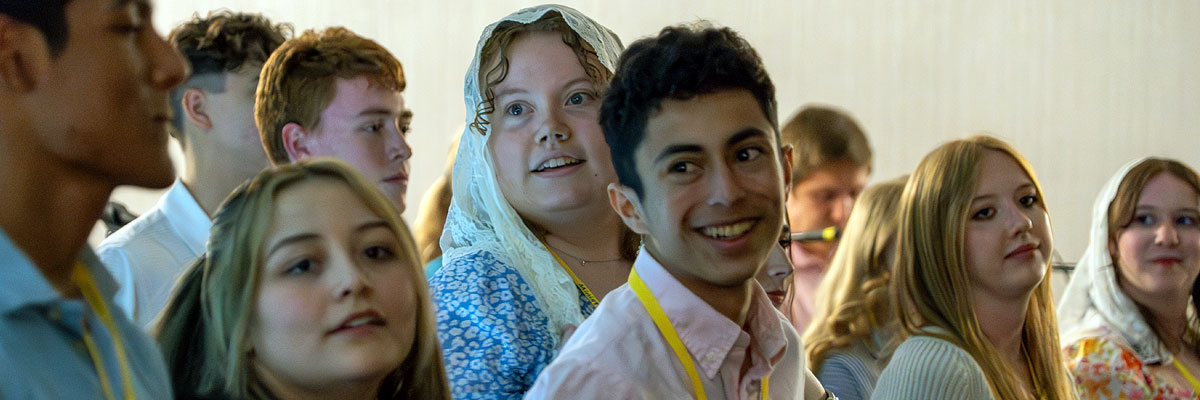Official Website of the
Catholic Diocese of Little Rock
Fourth Sunday of Lent, Year A
Published: March 22, 2020
Bishop Anthony B. Taylor preached the following homily at the Diocese of Little Rock House of Formation in Little Rock on Sunday, March 22, 2020.

Bishop Taylor
Lent is one of the great seasons of the liturgical year, 40 days of prayer, fasting and almsgiving to prepare us to celebrate the greatest truths of our faith, the death and resurrection of Jesus. Because our present practice is so familiar, we don’t realize how much the observance of Lent has evolved over time.
And relevant to our present reality is the fact that there was a time in early Christianity when Mass was not celebrated on weekdays of Lent during what was called the Great Fast, Lent being a time of fasting not only from regular food, but also fasting from the Eucharist.
In the West this tradition was not maintained except on Good Friday, on which Mass still is not celebrated. In the East, however, the tradition of no Masses on the weekdays of Lent is still observed. This is not quite the same as the suspension of public Masses even on Sundays which we are presently experiencing, nor does it change the fact that the Eucharist is the most important form of Catholic worship — what Vatican II calls “the source and summit of the Christian life” — but it does point to the fact that Christian worship was always meant to be more holistic.
The current "Great Fast" forced on us by COVID-19 is an invitation for us to recognize that God still remains present to us and still offers his grace to us in other ways during this time when we cannot receive him in the Eucharist.
Our present practice of almost everyone receiving Communion in every Mass really only began with Vatican II, a little over 50 years ago. Before that, many people received the Eucharist only once a year — they had an “Easter Duty” to receive the Eucharist at least once during the Easter season. I barely remember those days — I was in sixth grade when frequent Communion was introduced in our parish.
One unintended result of this change is that some people began to think of receiving the Eucharist as a right rather than as a privilege. The Mass-less weekdays of the Great Lent were intended to increase our longing for and appreciation of this great treasure, the actual body and blood, soul and divinity of our Lord, the reception of which is not to be taken lightly. Absence making the heart grow fonder.
I hope that our current time of deprivation will produce the same longing, the same effect, in us.
In today’s Gospel we have the story of the man born blind. Jesus’ disciples asked him whose sin had caused the blindness—the mentality of the day was that any adversity was punishment by God for sin. Jesus answered that no one had sinned — in this case the adversity was not punishment from God — rather the blindness “was so that the works of God might be made visible through him.”
And then step by step we see how Jesus not only gave the blind man eyesight after so many years of that adversity, step by step he also gave him insight, faith, brought him to the point that when Jesus asked him “Do you believe in the Son of Man,” this man was able to answer, “I do believe, Lord” — making this former beggar one of the first persons to profess belief in Jesus in the Gospel of John. God used adversity to lead him to faith.
I believe the Lord is using the coronavirus to accomplish the same thing, deepen our faith, today. Notice how this COVID-19 pandemic is different from the Bubonic Plague or even the Yellow Fever epidemic that took more than 5,000 lives in Memphis and eastern Arkansas in 1873, in that unlike that mosquito driven epidemic, COVID-19 is transmitted through human-to-human contact.
So unlike the heroic Dominicans of Memphis who were no danger to the people they died serving — mosquitos were the problem — our efforts to do the same thing would have the opposite effect because we ourselves would be responsible for infecting others.
We have always told people who are sick not to come to Mass in order not to harm others. Our present crisis is a little different in that this is a public health issue, not merely a private health problem, hence the need for a public response, which is what we have done.
Our current suspension of public Mass is demanded by the virtue of prudence and a recognition of the truth that the Eucharist is not merely a private matter but also a common good and that the current Great Fast forced on us by COVID-19 is an invitation for us to recognize that God still remains present to us and still offers his grace to us in other ways during this time when we cannot receive him in the Eucharist.









